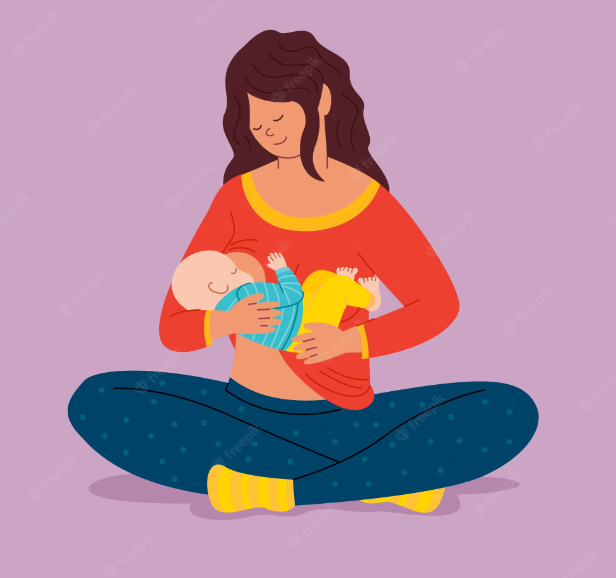On the occasion of World Breastfeeding Week, Christine explained how she is helping other nursing mothers through a UN-supported programme in the Rhino Camp.
Read More: Empowering African Leaders – The Mandela Washington Fellowship Experience
Each morning, inside her small house, she gets herself and young son ready for the day. With 12-month-old Alvin snuggled into a wrap tied across her back, she makes her way to the local health centre just a few minutes’ walk from her house. There she is greeted by a small group of women, most of whom have tiny babies in their arms or on their backs.
Christine comes here each day, where she earns a small income as a community worker, mentoring other breastfeeding mothers. She is here to help give her son the best start at life and to help other women do the same.
Breastfeeding is always important, but in fragile settings like this, it’s a lifeline. It not only provides all the nutrients a baby needs for the first six months of life, it’s also free of charge and almost always available.
In 2016, when Christine was a 25-year-old college student and aspiring teacher, rebels attacked her hometown of Yei, in South Sudan. She and her family fled into the bush, but shortly afterwards, her father was killed while looking for medicine for a sick family member. Fearing for their lives, Christine and her family fled to Uganda, eventually settling in Rhino Camp.
Read More: A New Norm ? Remote and Hybrid Work in the African Labor Market
Her husband has since returned to South Sudan, but Christine has stayed on. In South Sudan, two thirds of the population are facing crisis levels of hunger, the highest number ever, and there is no sign of the situation improving soon.
She has found some stability in Uganda, for herself and her son. She said she was happy with the life she is building there.
Last year, while heavily pregnant, Christine became one of 13,000 pregnant and breastfeeding women from both refugee and host communities to receive Nutricash.
Part of the Swedish-funded Child Sensitive Social Protection Programme, under which the World Food Programme (WFP) collaborates with the UN Children’s Fund (UNICEF) and the Government of Uganda, the project provides each woman with $13 to help meet food and nutrition needs and $4 that is put into savings.
Christine has used some of her savings to plant avocado trees and cassava. She plans to go back to school one day and become a teacher. She hopes her savings will make this a reality. Other women use the money to buy goats and pay for school fees.
Read More: The Business of “Consulting Business Services” in Africa
Breastfeeding is one of the simplest, smartest, and most cost-effective ways of ensuring that children survive and thrive. Breastfeeding has broad benefits, and can help to prevent infant death and childhood illness.

